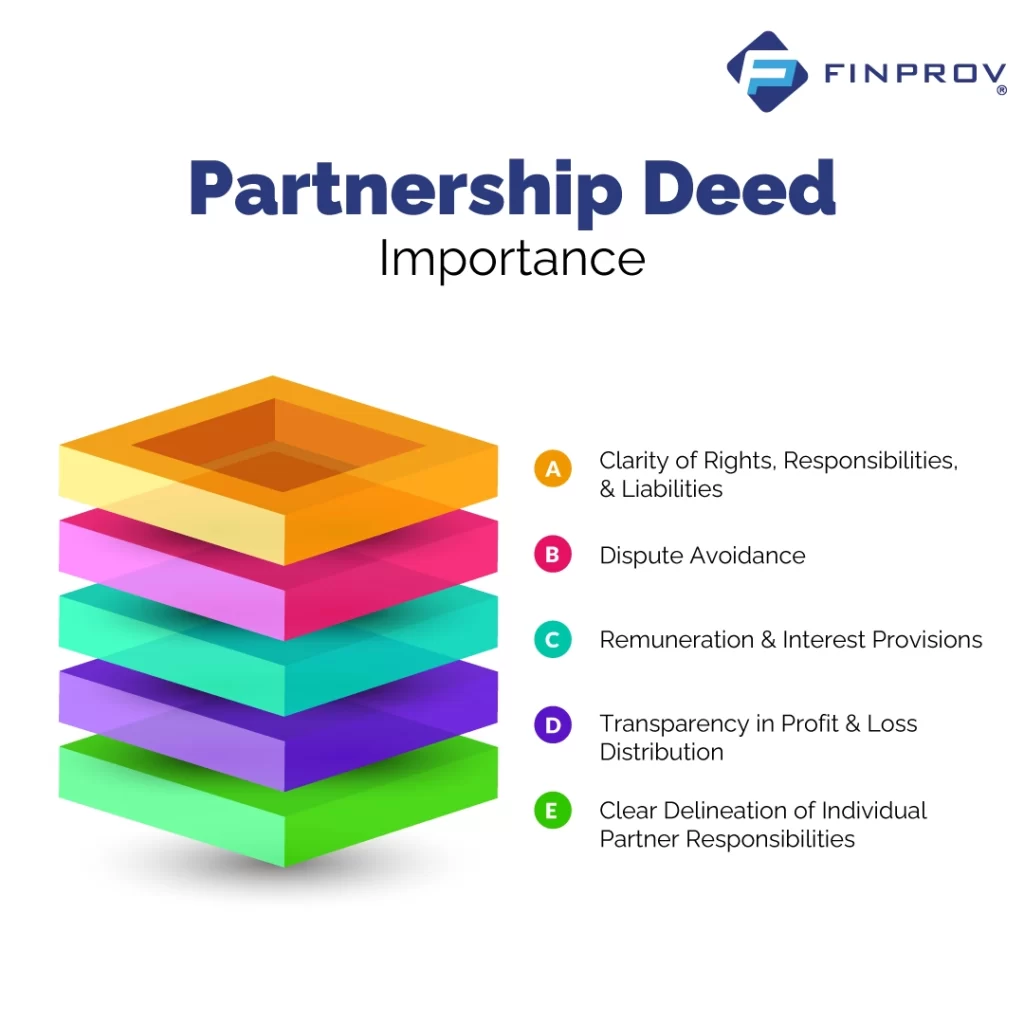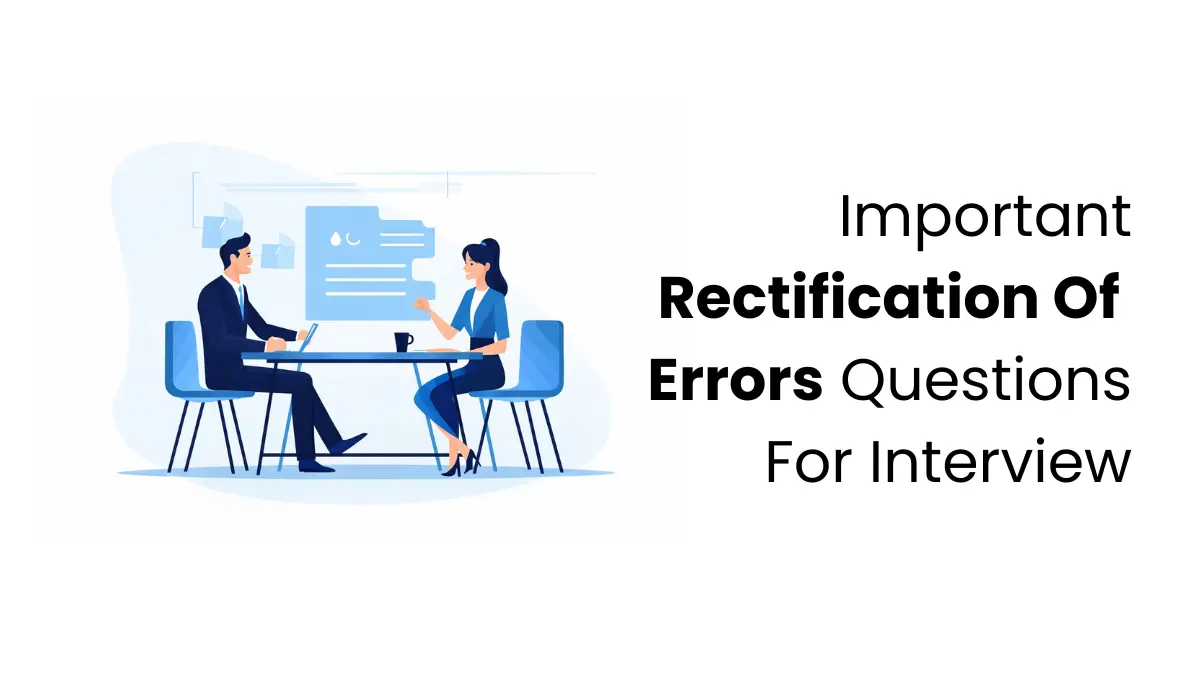A partnership is a form of business in which a formal agreement is established between two or more individuals. By entering into this agreement, they agree to become co-owners, share the responsibilities of managing the organisation, and distribute the income or losses that the business generates. The partnership’s essential features and terms are documented in a legal document known as a partnership deed. This deed is a written contract outlining each partner’s rights, obligations, and responsibilities, including sharing profits and losses, decision-making processes, investment contributions, and other pertinent details. The partnership deed provides clarity and legal validity to the arrangement, ensuring all partners know their rights and obligations, thus fostering a transparent and harmonious working relationship within the business.
Define Partnership Deed
A partnership deed is a crucial legal document that serves as a partnership agreement between the partners of a firm. Its primary purpose is to outline the terms and conditions of the partnership, establishing a precise knowledge of the roles and duties of each partner. It acts as a guiding document, helping to prevent misunderstandings and disputes among the partners and providing a framework for decision-making, profit sharing, capital contributions, and other essential aspects of the partnership. By defining these key aspects, the partnership deed guarantees the soft and efficient functioning of the firm’s operations.
The concept of a partnership becomes relevant under the following circumstances:
Agreement Among Partners
A partnership is created when a joint agreement exists between two or more individuals to carry out a business venture together. This contract can be registered in written format or oral, as the Partnership Act does not require it to be in writing.
Partnership Deed
In cases where the agreement is in writing, the document that encompasses the terms of the agreement is considered the ‘Partnership Deed.’ This deed serves as a legal record, documenting the essential elements of the partnership.
Partnership Deed Format – Inclusion of Important Details
The Partnership Deed typically includes important details influencing the partnership dynamics. These details encompass various aspects, such as the business’s purpose, each partner’s capital contribution, the ratio in which profits and losses will be split among partners, and the rights and privileges of each partner, including interests on loans or capital.
The Partnership Deed acts as a guiding framework, providing clarity on the various aspects of the partnership and helping to establish a smooth and transparent working relationship among the partners. While the Partnership Act does not mandate a written agreement, having a well-drafted Partnership Deed can prove beneficial in avoiding potential conflicts or misunderstandings in the future.
Partnership Deed Registration
A Partnership Deed is a paper summarising the privileges and obligations of each member in a partnership. While it can be oral or written, an oral agreement lacks legal validity, especially concerning tax-related matters. A partnership deed typically includes important details such as the name of the firm, names and addresses of the partners, nature of the business, duration of the partnership, capital contributions by each partner, permissible drawings by partners, interest rates on capital and drawings, rights and duties of partners, remuneration to partners, a method for calculating goodwill, and the profit and loss sharing ratio.
These characteristics provide clarity and structure to the partnership, ensuring smooth operations and a clear understanding of the rights and obligations of each partner.
Partnership Deed Content
A partnership deed is a comprehensive document incorporating all the necessary provisions and legal aspects of a partnership. It serves as a guide for future projects and holds evidential value in times of conflicts or legal procedures. A typical partnership deed should include the following details:
- Firm’s name, agreed upon by all partners.
- Names and detailed information of all partners.
- Date of business commencement.
- Duration of the firm’s existence.
- Capital contributed by each partner.
- The profit-sharing ratio among partners.
- Duties, obligations, and powers of each partner.
- Salary and commission, if applicable, are payable to partners.
- Process for admitting or retiring partners.
- Method for calculating goodwill.
- Dispute resolution procedure between partners.
- Procedure for dealing with partner insolvency.
- Settlement process for firm dissolution and account closure.
Including these provisions in the partnership, the deed ensures a clear understanding of each partner’s operations, responsibilities, and rights. It provides a solid foundation for the partnership and serves as a vital reference point for smooth business operations.
Partnership Deed Importance
A well-drafted partnership deed offers several significant advantages, including:
- Clarity of rights, responsibilities, and liabilities: The partnership deed establishes clear guidelines and regulations, ensuring all partners understand their roles and obligations.
- Dispute avoidance: By clearly defining the terms and conditions of the partnership, including profit and loss distribution ratios, the deed helps prevent disagreements and conflicts among partners.
- Transparency in profit and loss distribution: The partnership deed specifies the agreed-upon profit and loss sharing ratio, eliminating any confusion or ambiguity regarding the distribution of financial outcomes.
- Clear delineation of individual partner responsibilities: The deed outlines each partner’s specific duties and responsibilities, ensuring that each partner understands their role and contributes effectively to the partnership’s operations.
- Remuneration and interest provisions: The partnership deed includes provisions for remuneration or salary to partners and interest payments to partners who have invested capital in the business, providing clarity on financial matters.

By addressing these crucial aspects, a well-drafted partnership deed establishes a strong foundation for the partnership, promoting transparency, cooperation, and effective business management. Enrolling in a Partnership deed course allows one to learn everything. Finprov is an ed-tech institute that offers various courses, including partnership deed courses through online mode. Finprov’s partnership deed course covers the concepts of partnership agreements, negotiations, ownerships and registration requirements of partnerships etc. We also provide tech-enabled learning and personalised student support to all learners, allowing one to acquire more knowledge in the industry.










